Share
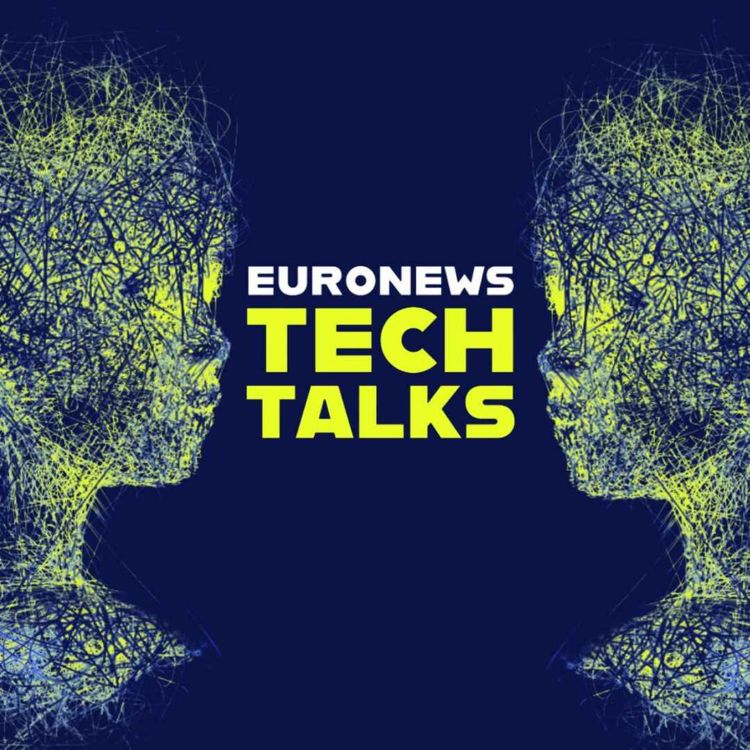
Euronews Tech Talks
How would we live without lithium?
From electric vehicles to satellites and spacecraft, lithium-ion batteries have revolutionised our daily lives. Euronews Tech Talks tries to understand how by talking to Maitane Berecibar head of the Battery and Innovation Centre at the Vrije Universiteit in Brussels, Julia Poliscanova, Senior Director at Transport and Environment in Brussels, and Aurore Carré, Head of the Energy Storage Section at the European Space Agency, to understand the game-changing role of lithium.
*250 Wh/kg instead of 2050 Wh/kg at minute 20:25.
Euronews Tech Talks goes beyond discussions to explore the impact of new technologies on our lives. With explanations, engaging Q&As, and lively conversations, the podcast provides valuable insights into the intersection of technology and society.
More episodes
View all episodes

60. A robot to counter children’s loneliness
21:32||Season 1, Ep. 60Euronews Tech Talks sits down with Karen Dolva, co-founder and former CEO of the Norwegian tech company No Isolation, whose robots help children with medical conditions and social difficulties attend school. Do you want to reach out to Euronews Tech Talks? Email alice.carnevali@euronews.com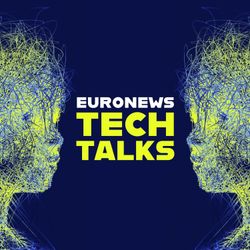
59. Can robots grow food on Earth and in space?
25:02||Season 1, Ep. 59Robotics is making its way into agriculture, helping address challenges such as chemical use and labour shortages. What are the potentials? What are the challenges?In this episode, we travel to Oslo to meet Lars Grimstad, CTO and co-founder of the agri-tech company Saga Robotics. We also hear from professors Stefano Stramigioli and Ioannis Athanasiadis, as well as engineers Giorgio Boscheri and Cesare Lobascio, about how robots are transforming agriculture, both on Earth and in space.Do you want to reach out to Euronews Tech Talks? Email alice.carnevali@euronews.com.Video: https://www.youtube.com/watch?v=JfBD7ohBdCo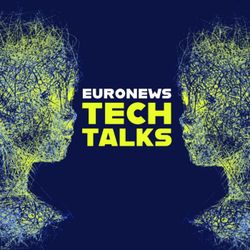
58. Will robots do our dishes in 2030?
25:00||Season 1, Ep. 58How is AI transforming robotics? Will robots ever replace doctors or come into our homes? In this episode of Euronews Tech Talks, we put these and more of your questions to Kai Olav Ellefsen, associate professor at the University of Oslo. Do you want to reach out to Euronews Tech Talks? Email alice.carnevali@euronews.com.Video: https://www.euronews.com/video/2025/11/27/qa-how-will-robotics-shape-our-future-euronews-tech-talks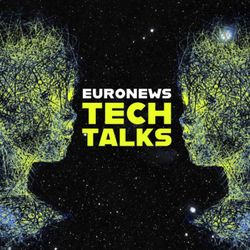
57. To mine or not to mine in space?
24:45||Season 1, Ep. 57We hear more and more about space mining projects—companies are interested in mining asteroids, and the European Commission is exploring the idea of mining the Moon for critical raw materials. But what would be mined? How? And would it be ethical and legal?In this episode, Euronews Tech Talks sits down with several experts to discuss these questions: Ian Crawford, a professor of planetary science at the University of London; Jill Stuart, an academic at the London School of Economics; Pierfrancesco Biasetti, a researcher at the Summer School in Space Ethics at the University of Padua; Erik Persson, a philosophy professor at Lund University; and Kathryn Halder, director of the European Space Resources Innovation Centre (ESRIC).Do you want to reach out to Euronews Tech Talks? Email alice.carnevali@euronews.com.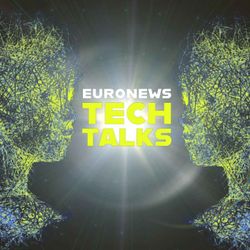
56. Space-based solar energy: Reality or science fiction?
24:50||Season 1, Ep. 56Although engineers began developing space-based solar energy technology in the 1960s, it still hasn’t become a reality. Why?In this episode, Euronews Tech Talks tries to answer this question by speaking with Sanjay Vijendran, co-founder and CTO of TerraSpark; Francesco Contino, professor at the school of engineering at UC Louvain; and Wei He, senior lecturer in engineering at King’s College London.Important: The European Space Agency (ESA) provided Euronews Next with the Solaris documents after the publication of the episode. More details can be found in the episode’s article.Do you want to reach out to Euronews Tech Talks? Email alice.carnevali@euronews.com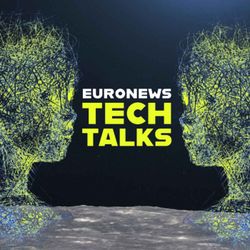
55. Could NASA really put a nuclear reactor on the Moon by 2030?
29:10||Season 1, Ep. 55NASA’s decision to speed up plans for building a nuclear reactor on the Moon has raised questions about the United States’ broader space strategy and renewed curiosity about the use of nuclear energy beyond Earth. In this episode of Euronews Tech Talks, we address these questions with professor Simon Middleburgh, co-director of the Nuclear Futures Institute at the University of Bangor (UK), Alfredo Carpineti, astrophysicist and senior science writer at IFL Science, and Francesco Lodi, researcher at ENEA (Italy).Do you want to reach out to Euronews Tech Talks? Email alice.carnevali@euronews.com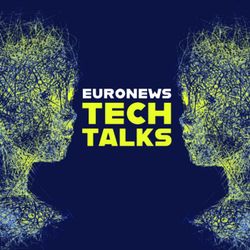
54. A world without PFAS
28:22||Season 1, Ep. 54In this final chapter of our journey into the world of PFAS, we speak with Fajer Mushtaq, whose company Oxyle is working to contain and destroy PFAS in wastewater, and with Miika Nikinmaa and Diana Lau, who are developing alternatives for food packaging and textiles through the ZeroF project.Do you want to reach out to Euronews Tech Talks? Email alice.carnevali@euronews.com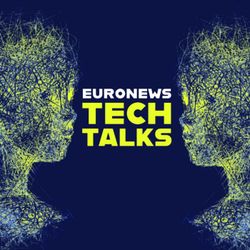
53. Life in Zwijndrecht: A European PFAS hotspot
26:47||Season 1, Ep. 53What is it like to live in one of Europe’s hotspots for PFAS contamination? Jeroen Van Reeth, a resident of Zwijndrecht—the Belgian town affected by PFAS produced by the chemical company 3M—opens his home to Euronews Tech Talks to share his experience.We, then, speak with experts Jacob de Boer, Hans Peter Arp and Madeleine Bussemaker to uncover if and how it is possible to contain and destroy “forever chemicals”. Do you want to reach out to Euronews Tech Talks? Email alice.carnevali@euronews.com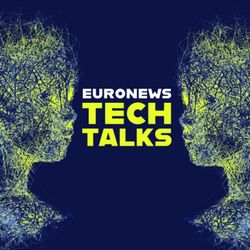
52. Q&A: PFAS, what’s all the fuss?
23:02||Season 1, Ep. 52Per- and polyfluoroalkyl substances (PFAS) are man-made chemicals widely used in the industry, but potentially harmful to human health. They can be found on pizza boxes, ski clothing, and sanitary pads, but some studies associate them with multiple kinds of health problems. In this Q&A episode, we explore PFAS by putting your questions to chemist Martin Scheringer, research scientist at the Swiss Federal Institute of Technology (ETH Zurich).The Map of Forever Pollution: https://foreverpollution.eu/map/ Do you want to reach out to Euronews Tech Talks? Email alice.carnevali@euronews.com